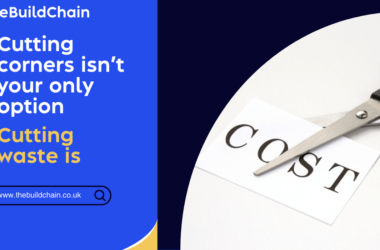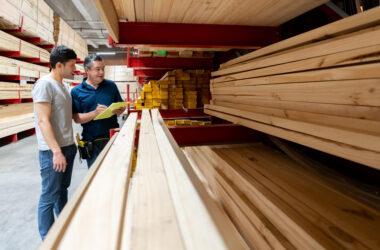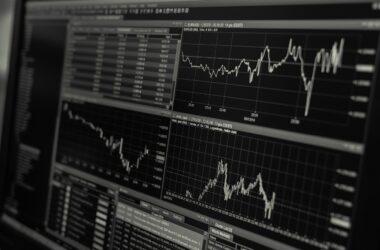Compliance and governance in construction materials procurement help ensure the industry operates ethically, sustainably, and in adherence to legal and regulatory frameworks. From internal guidelines to legislative requirements, procurement professionals have much to consider beyond simply finding and buying the necessary materials.
Through speaking to clients and those who work in the construction industry, we’re aware that procurement is often a manual process, with many storing data in spreadsheets or even using paper-based methods. Such practices can make compliance and governance tricky, so in this blog post, we’ll explore some compliance and governance considerations and how digital solutions can make a positive difference in this area.
Compliance Considerations in Construction Materials Procurement
There are a number of compliance aspects that need to be considered for effective materials procurement. These include:
Internal Guidelines
Your business may have its own rules and guidelines it needs to follow when sourcing materials for site. These can include things like preferred suppliers and specific types of products that must be purchased.
Regulatory Requirements
The law of the country you operate within often affects how procurement must be carried out. Legislation often changes, particularly in the area of sustainability, where more and more pressure is being applied to companies to demonstrate what they are doing to minimise their impact on the environment.
Product Standards
You may be limited to only purchasing materials which meet certain criteria or hold specific accreditations. This makes it important to have access to suppliers that can meet these needs, and systems in place to prove relevant products have been purchased.
Sustainability
When procuring materials, the main sustainability considerations are the environmental properties of the materials themselves and the distance the materials have to travel to get to site. When using manual procurement and record-keeping systems, tracking and reporting on sustainability can become laborious and inaccurate.
Keeping Appropriate Records of Procurement Activity
Keeping strong records of all procurement activity has a number of benefits. It can help mitigate the risk of over-ordering, reveals what materials are available and where, and demonstrates compliance with the requirements outlined above.
Recording data manually can lead to inaccuracies and information silos that prevent accurate data analysis, therefore it is essential to have appropriate systems in place to help you maximise the value of your procurement data.
Non-Intrusive Procurement Compliance and Governance with The Build Chain
The Build Chain is an online construction procurement platform that simplifies the process of sourcing materials. The digital nature of the solution means that all procurement activity through the platform is tracked, which greatly simplifies compliance and governance without adding extra burden to peoples’ workloads.
The platform generates a digital footprint of key aspects of the materials procurement process such as suppliers used and how far suppliers are from your sites. The Build Chain can also introduce you to suppliers who hold certain environmental credentials or only supply products with specific quality marks.
These reports can then be used to demonstrate adherence to policies, for example, you can show you’ve adopted a local supply chain to improve the sustainability of your projects.
If you’d like to see how The Build Chain would work for you, book a demo. Our team can have you up and running on the same day.
Compliance and governance in construction materials procurement involves navigating a complex regulatory landscape, adhering to ethical standards, ensuring legal compliance, and staying updated on industry changes. A comprehensive approach is integral to responsible and sustainable construction practices, and digital solutions can make all the difference.





